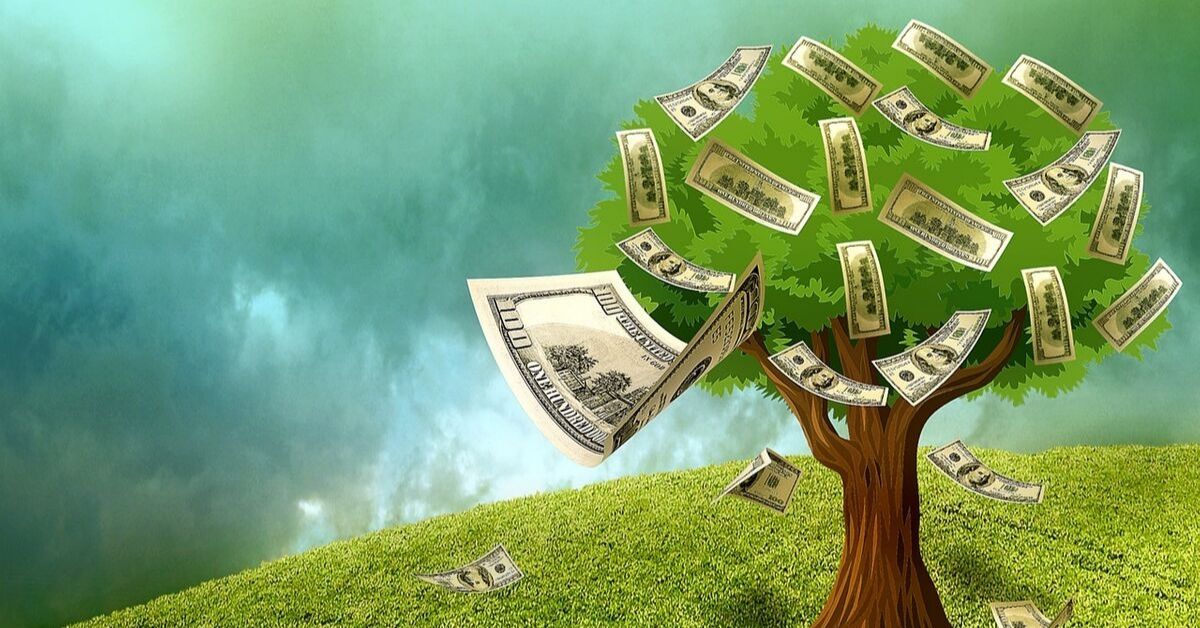Back in 2015, Nielsen’s Global Corporate Sustainability Report highlighted that Southeast Asians were the consumers who were most inclined globally to pay more for sustainable products and services.
Out of a sample size of 513 Malaysians, they found that 69% of them were likely to purchase products and services from socially responsible organisations.
Social responsibility means that businesses should—apart from chasing profits—contribute to the welfare of society and the environment.
Neilsen’s report stated, “Nearly half of Malaysian consumers support products whose companies are known for being environmentally-friendly (47%) and their products’ packaging are environmentally friendly (43%), above the global average of 45% and 41%, respectively.”
A reason why this might be is that a majority of consumers of modern products and services are millennials, who are young and more socially-conscious of their consumption habits.
Malaysia also has a millennial population of about 29%, and these are the people who tend to spend the most on products that align with their values.
Various companies from different industries have begun capitalising on the millennial lifestyle with sustainable practices and products, but more need to follow suit.
Busting Myths
When hearing the phrase “sustainable business model”, we might immediately think of a business model that can keep the business alive over the years and over the ever-changing industry landscape.
Googling the phrase brings up articles on how-to’s, but one thing I noticed is that few make note of how a brand’s social responsibility plays a big part in keeping it alive too.
There’s an assumption that there is no single, clear-cut definition of sustainability. However, a 1987 publication by the United Nations World Commission on Environment and Development defined sustainability as “development that meets the needs of the present without compromising the ability of future generations to meet their own needs.”
Another common assumption is that a business cannot both practise sustainability and be profitable.
According to Harvard School Business Online, that is untrue. A sustainable business can contribute to curbing global challenges highlighted by the UN’s Sustainable Development Goals (SDGs) while also driving business success.
Sustainable products and operations contribute to the longevity of a business as they ensure the sufficiency of raw materials for future products and services.
Investors today might also use Environmental, Social, and Governance (ESG) metrics to analyse an organisation’s ethical impact and sustainability practices.
Sustainability is a long-term investment that, when implemented properly, can bolster a company’s growth while also making it look good, which spells good news to an investor.
How To Incorporate Sustainability In Your Business Practices
Keeping in mind that sustainability contributes to a company’s health and growth in the long run, how exactly can it be implemented into the organisation?
Here are 6 things a company can practise for a sustainable business model.
1. Set Your Purpose & Align Goals
Having a clear sustainability goal will give you a road map to follow and propel your business as you’ll know exactly what is then needed to achieve that goal.
After establishing that, having people in your company that are aligned with your objectives will also play a role in helping you get there.
This is also when you should design or rethink your market identity, which will help you determine who your target consumers are and how you can cater to them successfully, which will, in turn, shape the following processes.
2. Plan Out Your Resource Usage
Once you’ve identified your market and its demands, you can plan out your resource usage accordingly, which helps in refining the production process to save costs and prevent wastage.
Assessing your supply chain can also help you pinpoint which areas you can follow in the lead of larger corporations who have implemented more sustainable practices in their businesses.
3. Adapt Your Business Model According To The Circular Economy
A Circular Economy is an economic system aimed at eliminating waste and the continual use of resources.
It also goes beyond the traditional 3 R’s (reduce, recycle, reuse) and embraces a 5 R approach instead: repair, reuse, refurbish, remanufacture, and recycle.
Waste can now be made into more raw material for production, and while larger corporations have taken notice of this opportunity, so have smaller entrepreneurs like our local Nature Renascent that uses agricultural waste to manufacture its products.
4. Practise Sustainability In Your Own Office
Sustainability isn’t just something to be practised only on the larger scale of things. Actions of a smaller scale in the office like recycling, going paperless, cutting down on energy usage and reducing the carbon footprint from travelling to and from the office also helps.
5. Engage Customers & Keep Them In The Know
If you have a socially responsible business, don’t keep it to yourself. Oftentimes, a sustainable business does tend to have products and services at a higher cost as sourcing materials without harming the environment isn’t accessible enough yet.
However, as mentioned earlier, there are customers out there willing to pay the price, so long as they get transparency in return and know what they’re paying for. This increases their trust in your brand and they’ll begin spreading the news of your company.
That’s a form of genuine and free marketing that can boost your reputation. It can also encourage other companies to follow in your footsteps once they notice customers gravitating towards your business.
6. Partnering Up & Collaborating With Other Organisations
Business cannot possibly pursue sustainability completely on their own in the long run. There is a need to collaborate with other organisations whose sustainability goals are aligned with your own.
What this can bring to the involved companies is the ability to share resources, talent and manpower which drives innovation and the creation of more effective sustainability strategies.
-//-
It’s true that sustainability is an expensive practice to put into motion for now, but various reports have shown that there is a significant advantage for companies with sustainable business models in the long run.
For further information, this Nielsen infographic provides a condensed view on how sustainability can drive sales.
- You can read more about what we’ve written on sustainability here.
Featured Image Credit: kalhh @ Needpix









